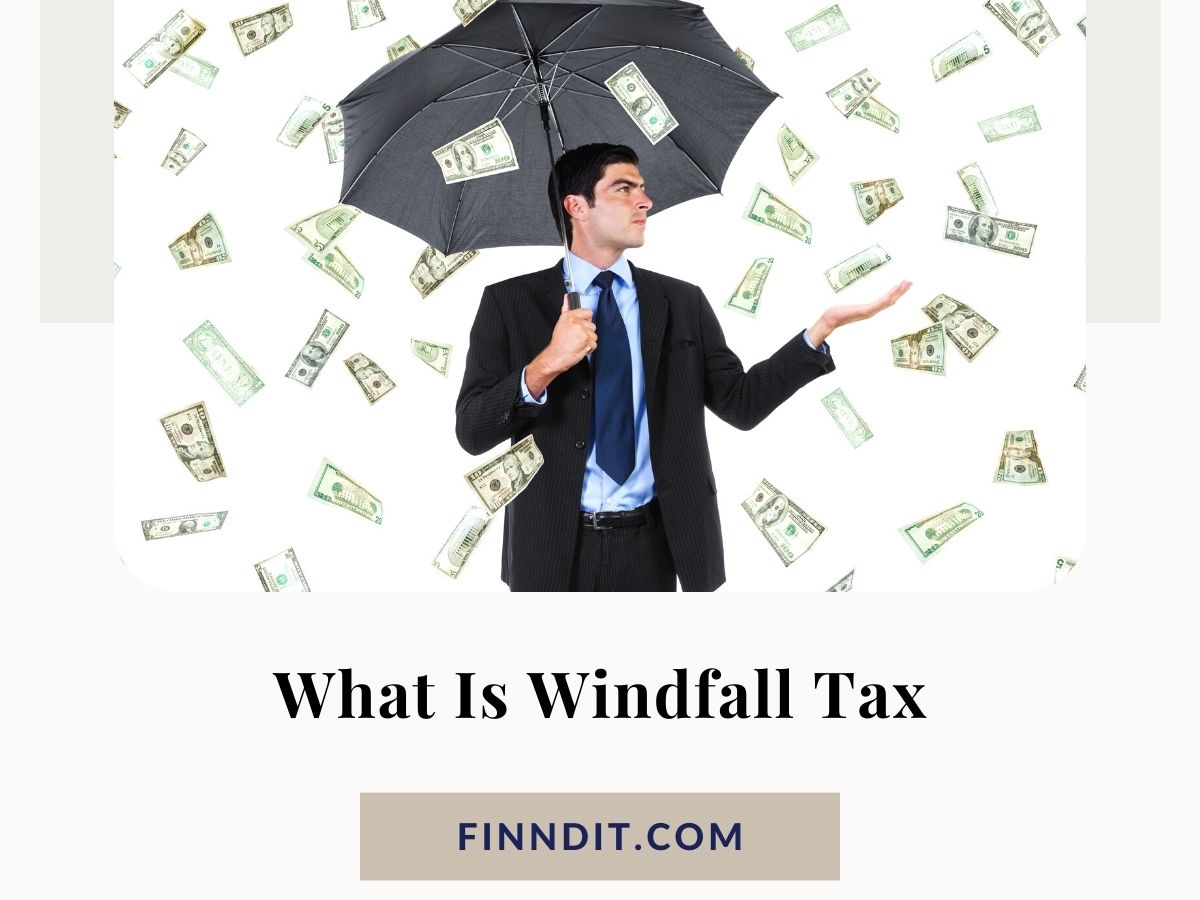What is a Windfall Tax?

In the realm of taxation, the concept of a windfall tax has gathered both attention and controversy. This type of tax is not your typical levy, it's targeted at specific industries or companies that experience unexpected, often substantial, financial gains. The idea behind a windfall tax is to capture a portion of these excessive profits and redistribute them to benefit society and potentially address economic disparities.
Defining Windfall Tax
A windfall tax is imposed on profits that arise unexpectedly due to external circumstances rather than from a company's regular operations. This tax is commonly applied to sectors such as energy, natural resources or industries that experience sudden and substantial gains, often due to regulatory changes, price spikes or unforeseen market conditions.
Reasons Behind Implementing Windfall Taxes
1. Economic Equity
One of the primary arguments in favor of windfall taxes is the pursuit of economic fairness. When certain industries or companies unexpectedly reap immense profits, proponents argue that a portion of these windfall gains should be redirected to benefit society as a whole rather than accruing excessively to a select few.
2. Addressing Market Failures
Windfall taxes are also seen as a corrective measure to address market failures. In cases where there's a lack of competition, or when market conditions favor a select few companies, these taxes aim to mitigate the negative effects of such imbalances.
3. Revenue Generation
From a fiscal perspective, windfall taxes serve as a means to generate revenue for governments. The additional funds acquired through these taxes can be directed toward public projects, social welfare programs or infrastructure development.
Criticisms and Challenges
1. Complexity and Arbitrariness
Determining what constitutes a windfall and setting the appropriate tax rate can be complex and subjective. It may be challenging to distinguish between genuinely unexpected gains and profits resulting from regular business activities.
2. Impact on Investment and Innovation
Critics argue that imposing windfall taxes might disincentive investment and innovation. Companies may be less inclined to take risks or invest in ventures that could potentially yield significant profits if they anticipate punitive taxation on sudden success.
3. Unintended Consequences
There's a concern that windfall taxes could have unintended consequences, such as companies passing on the tax burden to consumers through increased prices or reducing investment in research and development.
Examples of Windfall Taxes
1. Oil and Gas Industry
Several countries have implemented windfall taxes on profits generated from oil and gas production when prices soar due to geopolitical events or market volatility.
2. Financial Sector
After the 2008 financial crisis, there were discussions about imposing windfall taxes on financial institutions that benefited from government bailouts and experienced substantial gains soon after.
Conclusion
Windfall taxes remain a contentious topic in economic and political discourse. While proponents advocate for these taxes as a tool for promoting economic equity and generating additional revenue, critics raise concerns about their potential negative impact on investment, innovation, and economic efficiency. The effectiveness and desirability of windfall taxes ultimately depend on their careful implementation and consideration of their broader economic implications.
